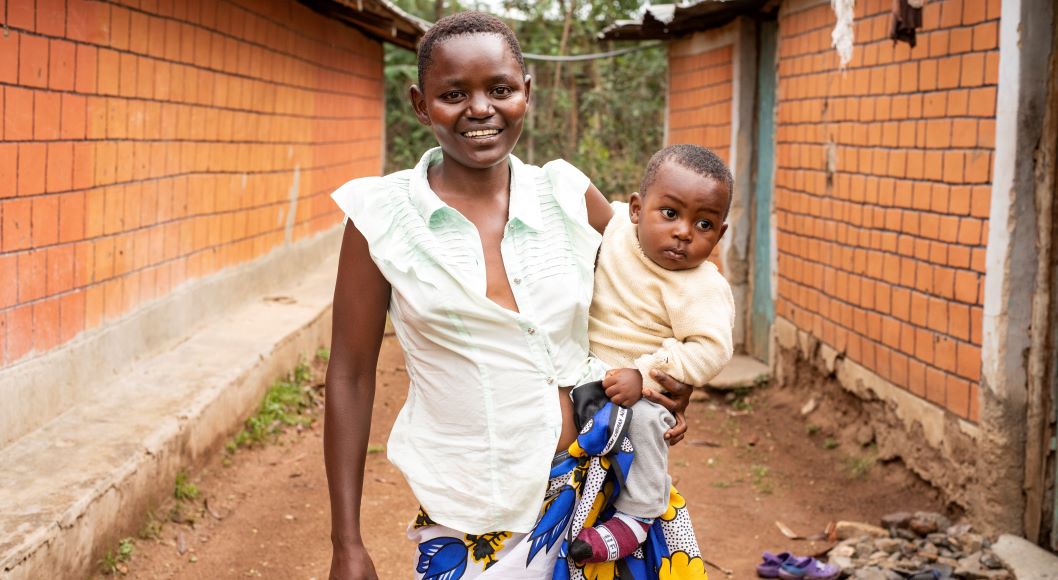The Innovations for Maternal, Newborn, and Child Health initiative was a multi-year grant, led by Concern Worldwide, to find and test ambitious new ideas with the potential to overcome barriers to accessing maternal, newborn, and child health (MNCH) services and significantly improve delivery of these services. JSI provided technical oversight and support for research, monitoring & evaluation, and learning across nine projects as the initiative's global research partner. JSI also examined the influence of human-centered design (HCD) on global health programs and conducted several project case studies to evaluate the ability of design thinking to create social innovation in global health programs.
INNOVATIONS FOR MNCH
Central to the initiative’s overall strategy was experimentation and learning related to the application of “design thinking,” a form of inquiry that is applied in the conceptual stages of a planning process and subsequent stages of program or product development. The rationale for the use of design thinking is that it provides important insights into user experience, needs, and desires and helps to translate these insights into tailored interventions or products, increasing the likelihood of user adoption and reducing the risk of intervention failure.
In 2010, Innovations launched a call for ideas to address barriers to MNCH problems in Malawi, Sierra Leone and India (Odisha). Seeking ideas from unconventional sources, Innovations came away with thousands of ideas. From these, a first set of ideas were selected based on pre-identified criteria and “Phase I” projects were launched in districts in the three countries. In 2011, Innovations held facilitated workshops to spur creative thinking for transformative public health ideas. These workshops resulted in several hundred new ideas from local community members, mothers, healthcare and government workers, students and global domain experts. Ideas were refined and brought back to communities, where local-level discussion and inputs resulted in innovative projects that were designed to reflect local contexts and in-depth understanding of the actors, constraints, and opportunities.
The ideas formed the basis for five "Phase II" projects implemented in Ghana, Kenya, and Sierra Leone. Interventions ranged from designing a mobile health platform to increase motivation among remotely deployed health workers to a collaborative network among bioengineers in a national hospital and local hackers and tinkerers to design low cost solutions to improving the supply of essential MNCH medical equipment.
JSI worked with the Innovations team to develop innovative ways to collect and use data through methods such as rapid prototyping. The evaluation team documented each intervention and measured its outcomes to capture learning related to its design, development, planning, and execution. JSI produced several products to showcase the findings captured around how the innovations improved MNCH outcomes and explored how the process of innovating could be linked to improved health outcomes.
JSI Research & Training Institute, Inc. was the sub-contractor to Concern Worldwide.


